1. The First TV Dinner Was Thanksgiving Leftovers.
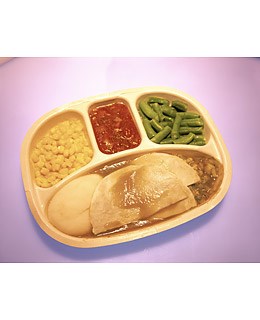
In 1953, someone at Swanson severely overestimated the amount of turkey Americans would consume that Thanksgiving. With 260 tons of frozen birds to get rid of, a company salesman named Gerry Thomas ordered 5,000 aluminum trays, recruited an assembly line of women armed with spatulas and ice-cream scoops and began creating mini-feasts of turkey, corn-bread dressing, peas and sweet potatoes — creating the first-ever TV dinner. Thomas later said he got the idea from neatly packaged airplane food.
2. Mary Had a Little Thanksgiving Obsession.
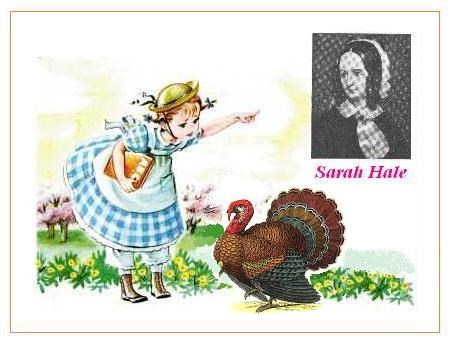
We bet you didn't know that the woman who wrote "Mary Had A Little Lamb" is also the person responsible for making Thanksgiving an official holiday. After petitioning the government for 17 years, writer Sarah Josepha Hale finally convinced Abraham Lincoln in 1863 to make it a national holiday that took place every year on the fourth Thursday of November.
3. The Side Dishes.
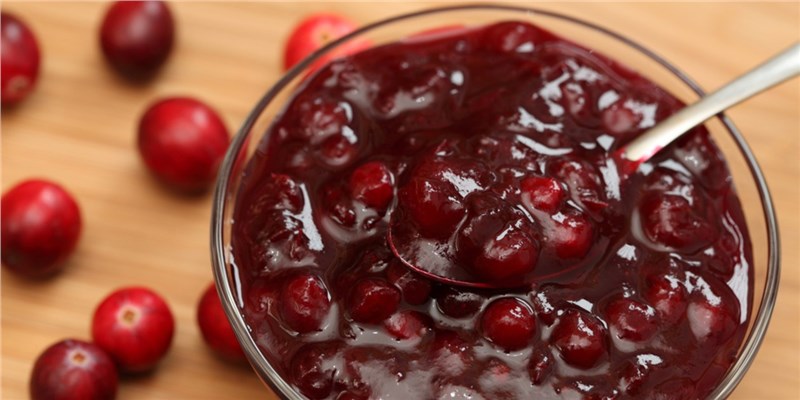
While traditional sides like sweet potatoes and cranberry sauce seem like they could have been at the first Thanksgiving, they actually weren't introduced until about 50 years later when cranberry sauce was finally invented and sweet potatoes finally made their way to America.
4. Thanksgiving Was Meant to be a Fast.
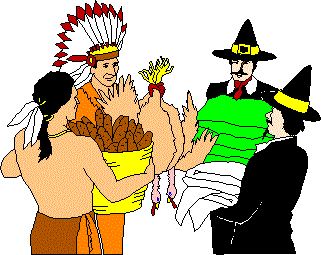
Thanksgiving was initially meant to be a fast, not a feast. The devout settlers at Plymouth Rock mostly recognized "giving of thanks" in the form of prayer and abstaining from food. But the Wampanoag Indians, who joined the pilgrims for their 3-day celebration, contributed their own harvest traditions — dancing, games and feasting — from their ancient festival, Nickommoh, meaning "to give away" or "exchange."
5. Thanksgiving Was Once Celebrated in London.
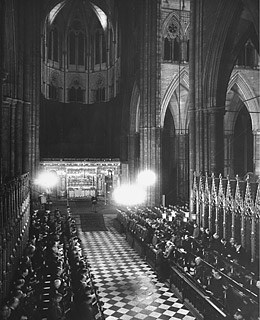
In 1942, London's Westminster Abbey held Thanksgiving services for U.S. troops stationed in England. More than 3,500 soldiers filled the church's pews to sing America, the Beautiful and The Star-Spangled Banner -- the first time in the church's 900 year history that a foreign army was invited to take over the grounds. It was an ironic gesture given the holiday's origins as a festival for pilgrims fleeing religious tyranny in Britain.
Subscribe to Reliable Van And Storage's Blog








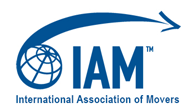

Comments